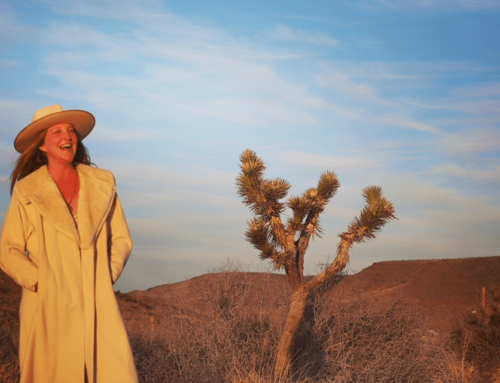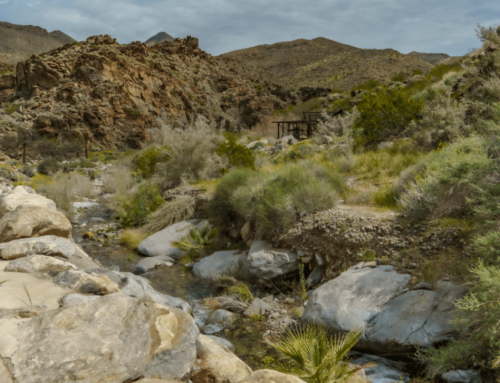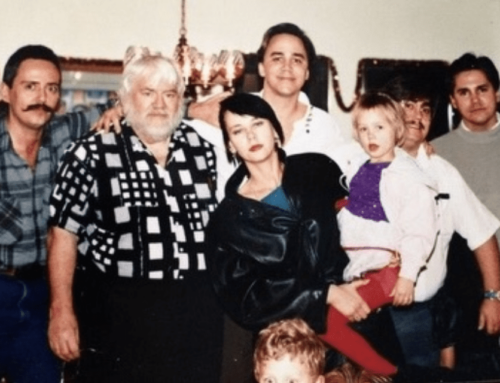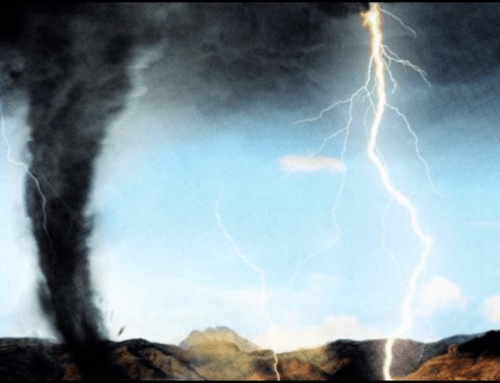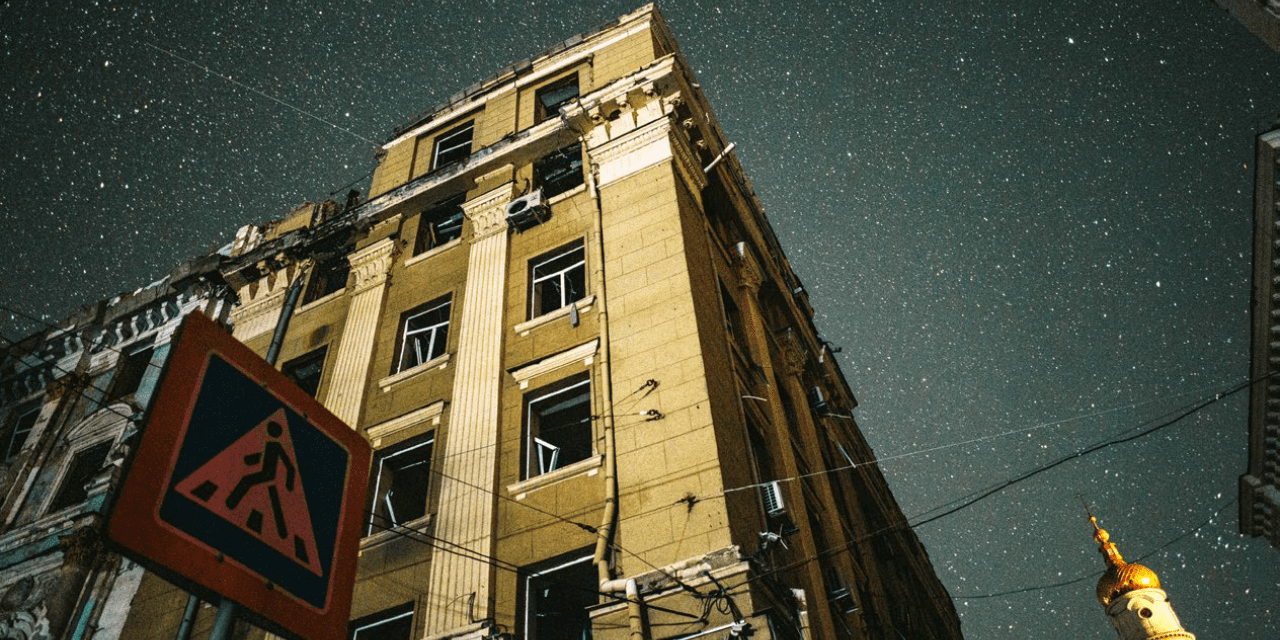
Dark Skies Over UKRAINE
By Jacqueline Guevara
I have always been aware of the fact that Joshua Tree National Park is a great place to see the stars. Even before its designation as an International Dark Sky Park in 2017, it was evident to even the most novice stargazer that the night skies there offered a special glimpse of the cosmos. In a desert nearly devoid of light pollution, the universe leapt into sharp focus, the Milky Way elicited gasps of awe and wonder (and an occasional “what is that!?”), the shape of the constellations slowly became apparent to the naked eye. A recent transplant to the desert from Shanghai remarked to me last week that he didn’t even know so many stars existed before coming here.
My children grew up with these skies. On summer nights we would take blankets out to our driveway in Yucca Valley and lay on them in our driveway for hours, pointing out not only stars and constellations, but the occasional meteor, satellite, and yes, UFO! At least we thought we saw them… It was a given that if the night was clear, the stars were ours. When we moved down to the Coachella Valley recently, one of the first things the kids noticed was that our stars were “gone.” Yes, we can still drive “up the hill” to stargaze, but it’s just not the same.
Unwittingly, when we moved to a more populated area, we joined the millions of people around the world who have NEVER SEEN STARS in abundance. Like my friend from Shanghai, they may not even be aware of their existence, or being aware, just cannot fathom how majestic a sky full of stars can be. Our “night sky reality” is something others can only hope for.
I recently encountered a fellow dark sky acolyte, Pavlo Pakhomenko, via an article in the International Dark Sky magazine. Pavlo is one of those who I’m sure would love to view the stars over Joshua Tree. In fact, seeing the night sky in all its glory has been a dream of his since he was a child. Unfortunately, Pavlo grew up in an area where the stars were not always visible – and his family did not have the means to travel frequently to the countryside. As an adult, he is now able to travel to see the stars and is able to photograph them as well – as long as his armed escort is available. You see, Pavlo lives in Ukraine. He is able to photograph the night skies above his hometown because there is no power, due to the war. The darkness afforded him the opportunity to see the universe in ways he always dreamed of – but at an unimaginable cost.


When I reached out to Pavlo to ask if we could share his story, and his images, he immediately responded with a resounding, “YES!” He wants people in places like our desert to be aware of the amazing resource we have, and to also be aware of how precious it truly is. To paraphrase him, there shouldn’t have to be a war for people to be able to see the skies. Children and adults should be able to learn about the night skies even if they live in cities. His dream is to see that hope become a reality.
Pavlo was very inspired by the work being done in Joshua Tree National Park and the surrounding communities to ensure that visitors from all over the world can come to the park to stargaze and learn about the night skies from rangers and community partners. He was doubly inspired to learn that the park recently received a grant to purchase Electronic Assisted Astronomy (EAA) technology. This technology will not only allow telescopes to see more clearly and farther into space than ever before, but will enable rangers to share those images with anyone in the world with an internet connection. Soon, people in Shanghai and Ukraine alike will be able to see the stars above Joshua Tree without leaving their homes…and without being in a situation like our new friend Pavlo.
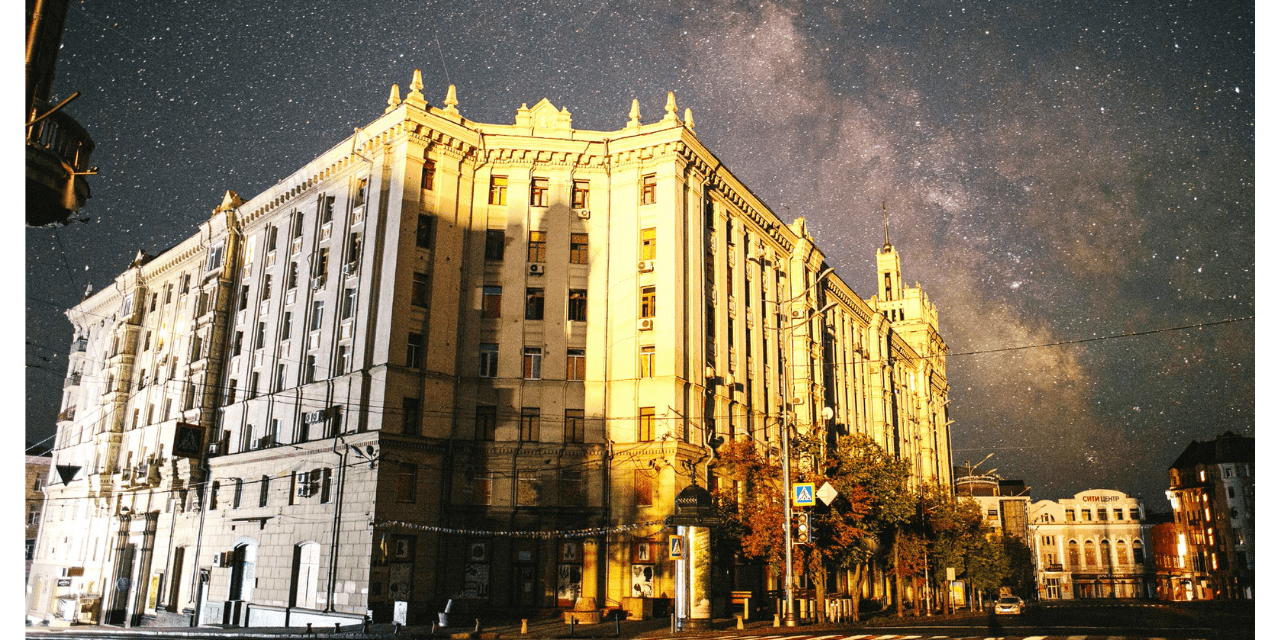
International Dark Skies? Yes, please.
For more information on programs at Joshua Tree National Park, visit their website.
You can also check out groups like Sky’s the Limit, The Joshua Tree Astronomy and Arts Theater, and the local chapter of the International Dark Sky Association.
“As the conflict in Ukraine unfolds, the American Red Cross has contributed millions to the global Red Cross network to help alleviate suffering. This support allows teams on the ground to provide lifesaving aid — like food, shelter, water, medical care and mental health support — to the millions displaced within Ukraine and throughout neighboring countries. Since the conflict intensified, the Red Cross network has leveraged its local and international resources to help those in need. As people crave a semblance of normalcy, the Red Cross is there to provide comfort and care.” https://www.redcross.org/about-us/our-work/international-services/ukraine-crisis.html



